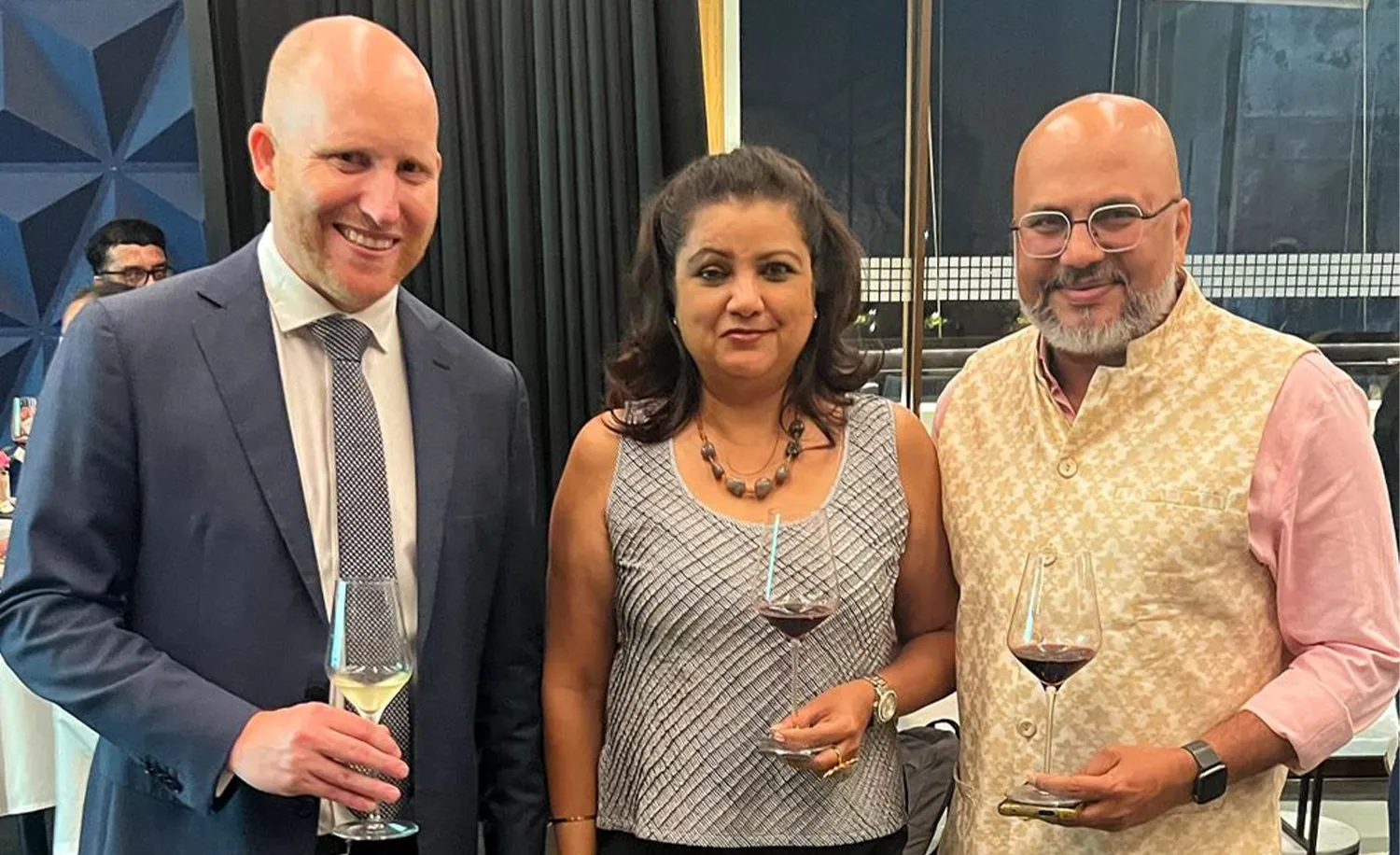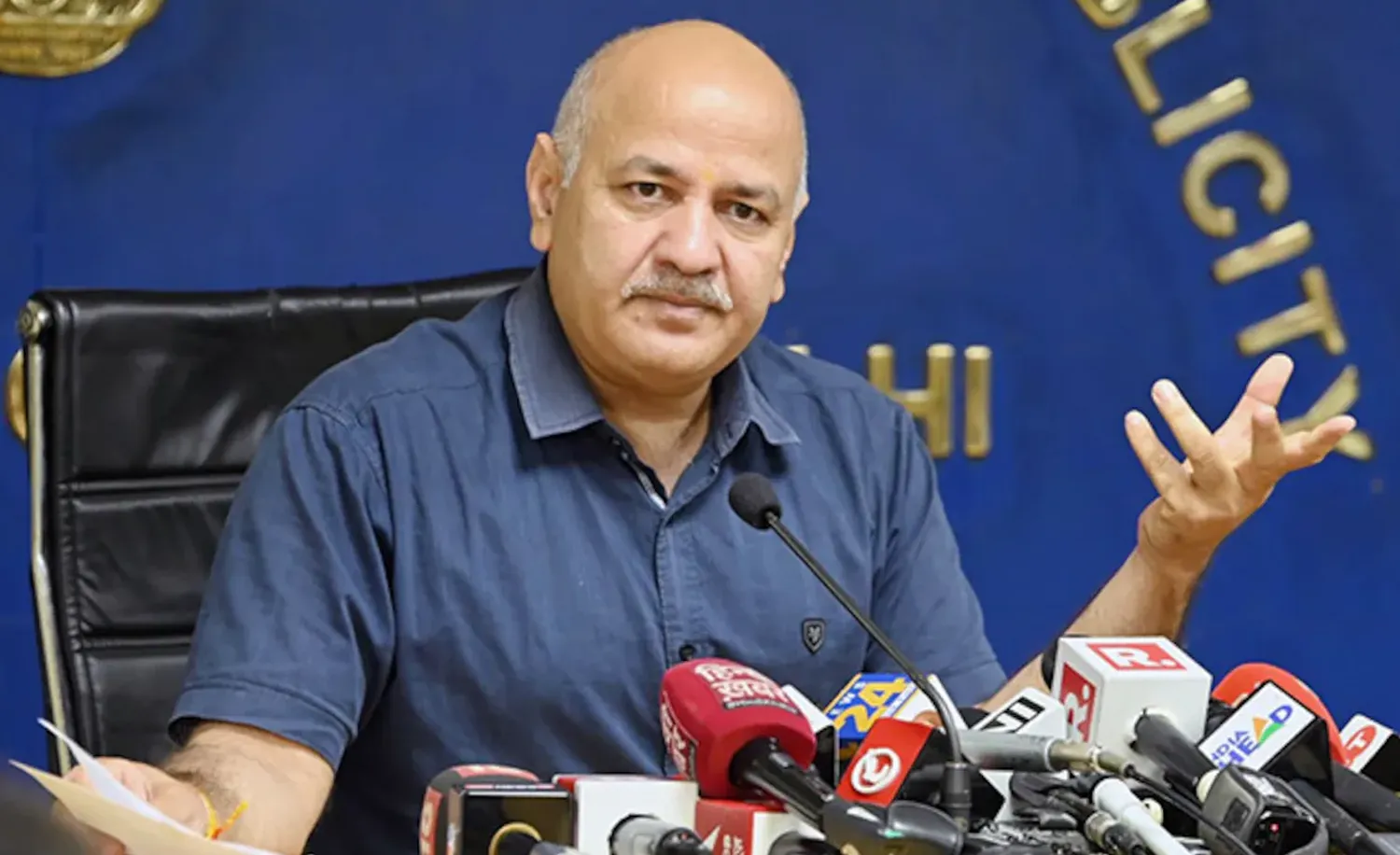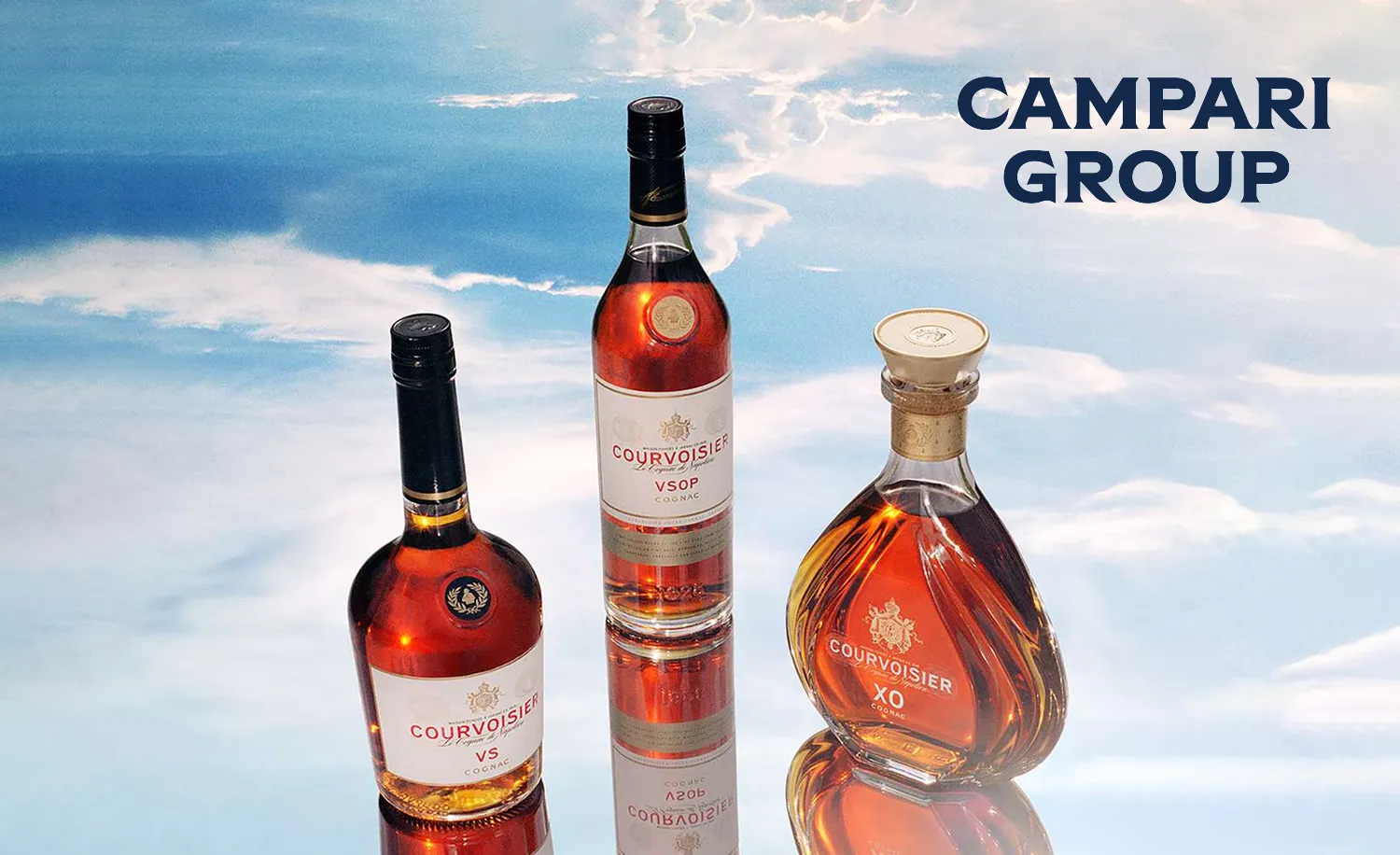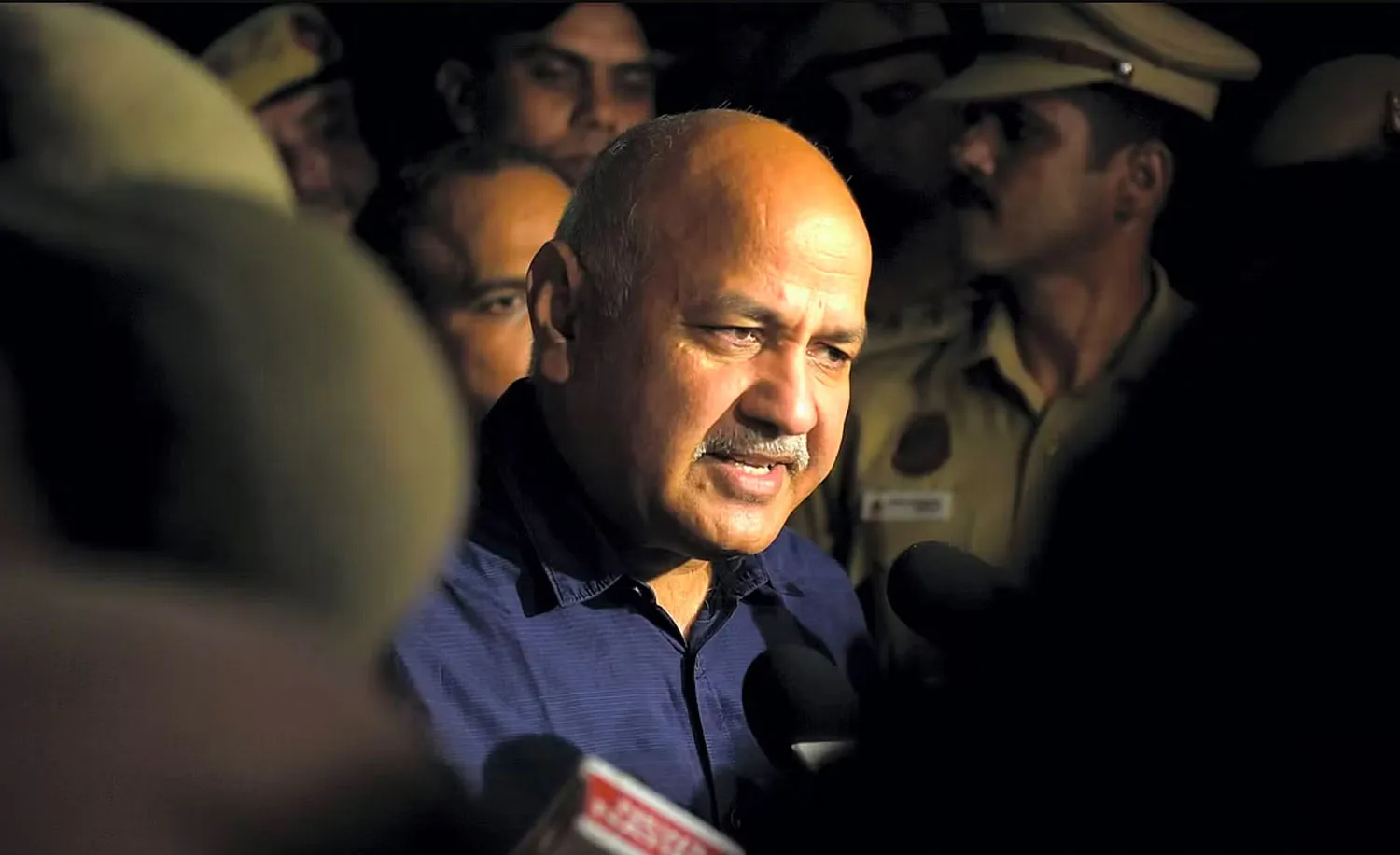Excise policies of three states come up with new provisions
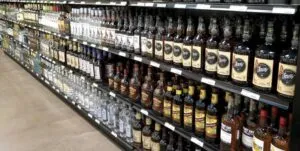
The 2021-22 excise policies of the three major states of India were announced in the recent past. Here we present a comparative study of the salient features of the excise policies of UP, Punjab and Uttarakhand, which can help the alcobev players operating in any of these three states or envisaging to enter any or all of these markets to get a ringside view of these state governments’ policies pertaining to the alcobev industry, for the forthcoming fiscal.
In the 2021-22 excise policy of UP, direct dispatches of distilleries to district level wholesalers from their FL-3/3A license premises rather than routing through FL1/1A license premises will be permissible. Moreover, the excise duty on beer will be reduced from 280 percent to nearly 200 percent and its shelf life would be nine months. In Punjab’s forthcoming excise policy, the annual fixed license fee for bars in hotels & restaurants has been slashed by around 30 percent and for marriage palaces this fee has also been reduced by 20 percent. In Uttarakhand’s forthcoming excise policy, country made liquor outlets have been permitted to sell beer. The salient features of
these policies are given below:
UP
- The retail licensees of the districts in the state shall be permitted to transfer not more than 20 percent of their monthly guaranteed quota for country liquor or equivalent quarterly revenue fixed for foreign liquor, beer and model shop, to any other shop or shops on required approval and payment of prescribed fee . l Direct dispatches of distilleries to district level wholesalers from their FL-3/3A license premises rather than routing through FL1/1A license premises will be permissible.
- A license shall be issued for purchase, transport and possess stocks in excess of the prescribed retail sale limit to individuals, on payment of Rs.12,000/- license fee and a security amount of Rs.51,000/- per year, subject to the conditions prescribed.
- The excise duty on beer will be reduced from 280 percent to nearly 200 percent and its shelf life would be nine months.
- The power for renewal of microbrewery licenses shall be delegated to District Collector.
- To provide good quality liquor at economic prices, U.P. Made Liquor (in Tetra-pack and of 42.8 percent strength only) made from grain. ENA shall be sold at an MRP of Rs.85 through country liquor shops.
Uttarakhand
- The application fee to apply for license of a liquor outlet in the state has been increased from Rs. 40,000 to Rs. 50,000.
- The govt. approved proposal of licensing of liquor vends for two years instead of one year through the process of e-tendering.
- Country made liquor outlets have been permitted to sell beer. Liquor shops have been permitted to remain open from 10 am to 10 pm. In the city areas, liquor outlets will be allowed to operate till 11 pm from the new financial year, under the new excise policy of the state.
Punjab
- The annual fixed license fee for bars in hotels &
restaurants has been slashed by around 30 percent and for
marriage palaces this fee has also been
reduced by 20 percent. The fee on consumption of liquor (assessed fee) has also been reduced. - Eenewal of existing vends subject to lifting of additional
liquor by the licensees. The government has not increased the incidence of taxes on country liquor, thereby maintaining the last year liquor prices for the consumers. There would be no increase in sale price of liquor in Punjab, in the forthcoming fiscal. - The wholesale trade of liquor would be monitored online, replacing the present L-13 wholesale licensees. The conversion quota has been increased from 15 percent to 20 percent. The fix and open quota percentage has been kept at 30:70 as existing.
- The government proposes to collect the additional revenue by increasing the quota of Punjab Medium Liquor by 12 percent, Indian made Foreign Liquor ( IMFL) by 6 percent and beer by 4 percent over the last fiscal respectively.
- In a first, the department has proposed to impose a quota for foreign liquor in Municipal Corporation areas and ‘A’ Class municipalities.


